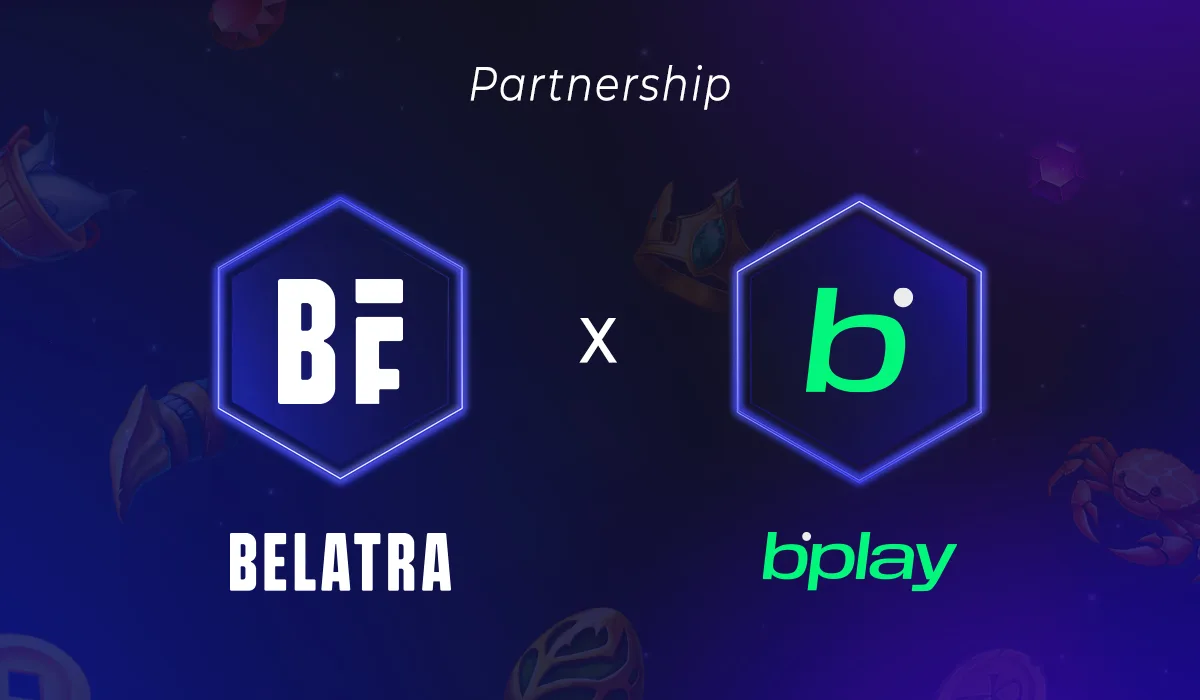The gambling industry is undergoing rapid transformation. Over the past few years, online gambling has faced new challenges driven by shifting regulations, changing player demographics, market saturation, and technological innovation. As we move into 2025, operators must adapt quickly to remain competitive.
Key Challenges Facing the Gambling Industry
Regulatory Changes
One of the biggest challenges is the constant evolution of gambling regulations, which vary significantly across European markets. Governments are tightening rules around player protection, responsible gambling, advertising, and financial monitoring. Compliance often requires additional investments in KYC processes, anti-money laundering controls, and responsible gaming tools, increasing operational costs for operators.
A New Generation of Players
Generation Z is becoming a dominant audience in online gambling, but their behavior differs from older players. Instead of chasing massive jackpots, younger audiences value experiences, emotions, and social interaction. They prefer gamified platforms, fast-paced betting markets, and integrated entertainment experiences. This shift forces operators to rethink product design, marketing strategies, and player retention models.
User Experience Demands
In 2025, flawless user experience is no longer optional — it’s a requirement. Even small technical issues like lagging slots, poor mobile optimization, or delayed payouts can push players to competitors. With most gambling activity now mobile-first, platforms must deliver smooth, visually appealing, and reliable gameplay across devices.
Market Saturation and Intense Competition
The European gambling market is oversaturated, with hundreds of operators and thousands of new games launched yearly. While this benefits players, operators face rising acquisition costs and difficulties monetizing new products. Major global corporations with billion-dollar budgets dominate, leaving smaller operators struggling to compete without innovative strategies or niche positioning.
Rising Acquisition Costs and Retention Pressure
User acquisition is increasingly expensive, and operators must focus on retention. Social media, email marketing, and push notifications remain effective channels, but personalization is key. Operators that fail to leverage data-driven insights to understand player behavior risk losing market share to competitors with advanced CRM systems.
Trends and Expectations for 2025
- Tighter Regulation – European regulators continue to enforce stricter policies on advertising, bonuses, and responsible gambling tools.
- Mobile Dominance – Gambling apps are expected to surpass web platforms in revenue, especially after app stores opened wider access to real-money apps in Europe.
- Crypto and Digital Payments – Cryptocurrencies and alternative payment systems are becoming mainstream, but regulatory uncertainty still limits mass adoption.
- Market Consolidation – Global giants are expanding their dominance through mergers and acquisitions, while mid-sized operators must adapt with innovative products or niche focus.
- Gamification and Social Elements – Younger audiences demand interactive, community-driven features that blend gambling with entertainment.
Conclusion
The gambling industry in 2025 stands at a crossroads of growth and regulation. While opportunities in mobile, gamification, and new payment solutions continue to expand, operators face rising compliance costs, fierce competition, and evolving player expectations. Success will belong to those who embrace innovation, build strong retention strategies, and adapt quickly to regulatory and demographic shifts.
Read more: Biggest sportsbook in the world











